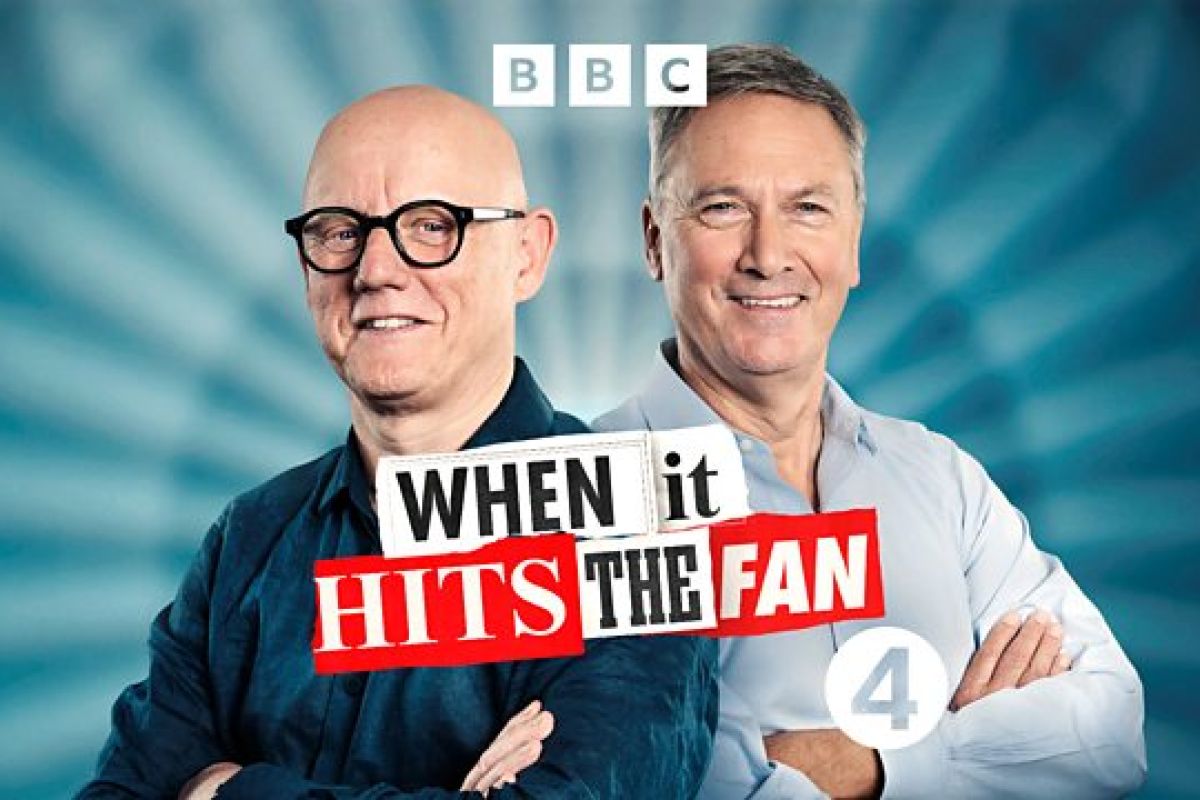Why Under-Appreciating Occupational Health Could Cost Us

We do not often talk about US healthcare policy. But recent events in America should give UK employers pause for thought, especially those who still see Occupational Health as a tick-box exercise or a nice-to-have.
In the past few months, major cuts have stripped away some of the most important workplace health and safety programmes in the US. From mine safety and air quality to tobacco control and infertility support, the reductions have been severe. Nearly 20,000 roles have gone from the US Department of Health and Human Services. Many of those affected were Occupational Health scientists and specialists.
These were not back-office roles. They were the people protecting miners from black lung disease, certifying the quality of protective equipment, investigating cancer clusters and monitoring respiratory risk in frontline workers. They were the ones stepping in when things went wrong, and the reason more serious problems were avoided.
Some jobs have been reinstated after public outcry. But the overall damage is done. For many, it is too late.
Why This Should Matter to UK Employers
On the surface, this may seem like an American problem. In reality, it holds a lesson for the UK. When Occupational Health is treated as a cost centre rather than a strategic priority, you increase the risk to both people and business.
We still see examples here. Roles that are watered down. Services without enough funding. Leadership teams that only act when a crisis hits.
The truth is simple. You cannot run a modern workforce without strong, credible Occupational Health leadership. The risks are too high and the demands on today’s workplaces are too complex.
Good OH Is Not a Luxury
Occupational Health is not about offering tea and sympathy. It is about managing risk, keeping good people, helping staff return to work and supporting mental health. It covers musculoskeletal issues, workplace adaptations and data-led interventions that reduce absence and protect your organisation’s bottom line.
And it only works when you have the right people in place. That means clinicians with up-to-date experience, systems that genuinely support them and leaders who know what good looks like.
The UK Is Not Immune
We are not cutting our entire OH infrastructure, but we are far from immune.
There is a national shortage of qualified OH professionals. Public sector contracts are stretched. NHS services are under significant strain. Many employers are still relying on outdated structures and reactive decision-making.
We speak to OH leaders who are firefighting daily. They are delivering complex services without enough staff or resources, trying to prevent long-term sickness and burnout while managing their own workload.
It is not sustainable. And it does not have to be this way.
Hire Well. Lead Well. Value the Work.
We are not suggesting that budgets need to double overnight. But if you are serious about looking after your people, Occupational Health must be part of your core business strategy.
That means knowing the difference between a nurse and a specialist. Between admin support and clinical governance. Between a ticked box and a risk avoided.
When something serious happens, you will want someone in the room who knows exactly what to do. Better still, you will want someone who made sure it never happened in the first place.
About Recruiting Heads
Recruiting Heads delivers strategic recruitment for Occupational Health, Wellbeing, H&S and Clinical Governance. Built for people who need results, not just CVs. We help leaders find experienced professionals who know how to deliver under pressure and stay ahead of risk.
Where to Next?
More Articles
Right people, right roles, always
Whether you’re hiring or job hunting, we make your search straightforward, effective and discreet.



